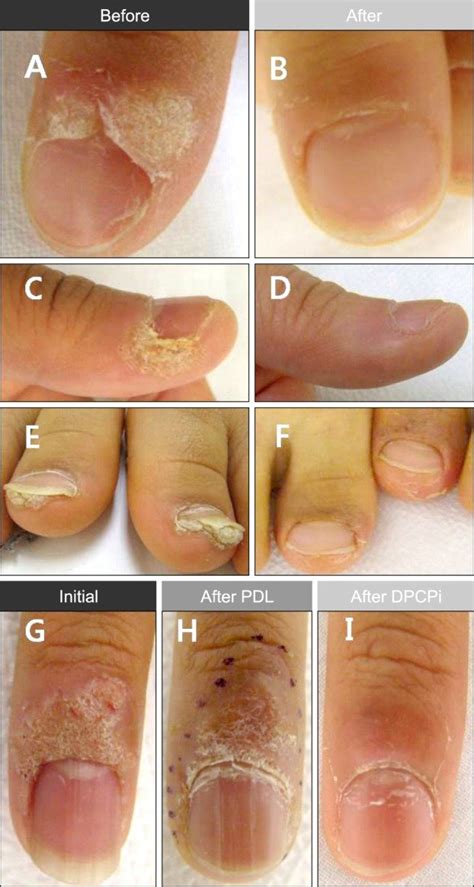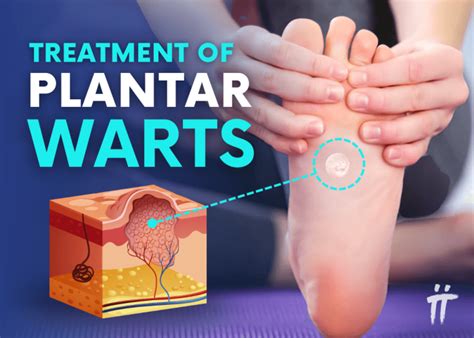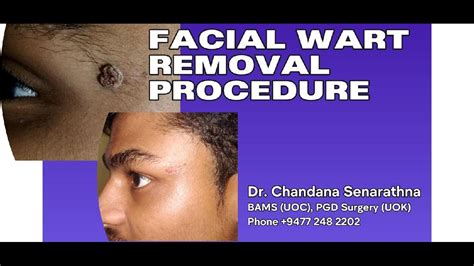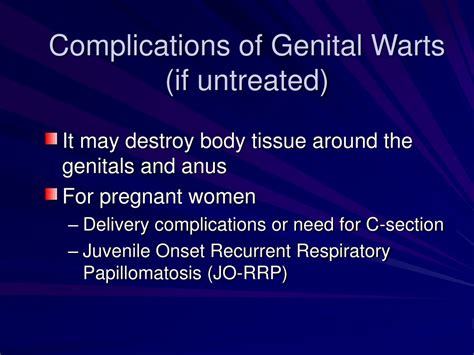Intro
Discover effective wart on finger removal and treatment options, including home remedies, cryotherapy, and salicylic acid, to safely eliminate unwanted warts and prevent recurrence.
Warts are a common skin problem that can appear on various parts of the body, including the fingers. They are caused by the human papillomavirus (HPV) and can be embarrassing and painful. If you have a wart on your finger, it's essential to understand the available treatment options and removal methods. In this article, we will delve into the world of warts, exploring their causes, symptoms, and treatment options.
Having a wart on your finger can be frustrating, especially if it's painful or affects your daily activities. Warts can also be contagious, spreading to other parts of your body or to other people. Therefore, it's crucial to seek treatment as soon as possible. There are various treatment options available, ranging from home remedies to medical procedures. We will discuss these options in detail, helping you make an informed decision about the best course of treatment for your wart.
Warts can appear on any part of the finger, including the tip, nail bed, or cuticle. They can be small and flat or large and raised, and may have a rough or smooth surface. In some cases, warts can cause discomfort or pain, especially if they are located on a weight-bearing area or are subjected to friction. If you suspect you have a wart on your finger, it's essential to consult a doctor or dermatologist for a proper diagnosis and treatment plan.
Causes and Symptoms of Warts on Fingers

Types of Warts on Fingers
There are several types of warts that can appear on the fingers, including: * Common warts: These are the most common type of wart and can appear anywhere on the finger. * Plantar warts: These warts appear on the soles of the feet, but can also appear on the fingers. * Flat warts: These warts are small and flat, and can appear in large numbers. * Filiform warts: These warts are long and thin, and can appear on the fingers, face, or neck.Treatment Options for Warts on Fingers

Home Remedies for Warts on Fingers
Home remedies can be an effective way to treat warts on fingers, especially if they are small and not painful. Some common home remedies include: * Duct tape: Covering the wart with duct tape can help to irritate it and stimulate the immune system to fight it off. * Castor oil: Applying castor oil to the wart can help to soften it and reduce inflammation. * Tea tree oil: Applying tea tree oil to the wart can help to kill the virus and reduce inflammation.Medical Procedures for Wart Removal

Prevention of Warts on Fingers
Preventing warts on fingers can be challenging, but there are several steps you can take to reduce your risk. These include: * Practicing good hygiene: Washing your hands regularly and avoiding touching your face can help to reduce your risk of getting warts. * Avoiding skin-to-skin contact: Avoiding skin-to-skin contact with people who have warts can help to reduce your risk of getting warts. * Using protective gloves: Wearing protective gloves when engaging in activities that involve skin-to-skin contact can help to reduce your risk of getting warts.Complications of Untreated Warts on Fingers

When to Seek Medical Attention
If you have a wart on your finger, it's essential to seek medical attention if you experience any of the following symptoms: * Pain or discomfort: If the wart is painful or causes discomfort, it's essential to seek medical attention. * Bleeding or oozing: If the wart bleeds or oozes, it's essential to seek medical attention. * Changes in appearance: If the wart changes in appearance or size, it's essential to seek medical attention. * Spread of the virus: If you notice the wart spreading to other parts of the body or to other people, it's essential to seek medical attention.What causes warts on fingers?
+Warts on fingers are caused by the human papillomavirus (HPV), which can be spread through skin-to-skin contact or by touching contaminated surfaces.
How can I prevent warts on fingers?
+Preventing warts on fingers can be challenging, but practicing good hygiene, avoiding skin-to-skin contact, and using protective gloves can help to reduce your risk.
What are the treatment options for warts on fingers?
+Treatment options for warts on fingers include home remedies, over-the-counter treatments, medical procedures, and prescription medications.
Can warts on fingers be contagious?
+Yes, warts on fingers can be contagious and can spread to other parts of the body or to other people through skin-to-skin contact.
What are the complications of untreated warts on fingers?
+Untreated warts on fingers can lead to several complications, including spread of the virus, pain and discomfort, infection, and scarring.
In conclusion, warts on fingers can be a frustrating and painful condition, but there are various treatment options available. By understanding the causes, symptoms, and treatment options, you can make an informed decision about the best course of treatment for your wart. Remember to practice good hygiene, avoid skin-to-skin contact, and use protective gloves to reduce your risk of getting warts. If you have a wart on your finger, don't hesitate to seek medical attention if you experience any symptoms or complications. We hope this article has provided you with the information and guidance you need to effectively treat and manage warts on your fingers. If you have any further questions or concerns, please don't hesitate to comment below or share this article with others who may be experiencing similar issues.
